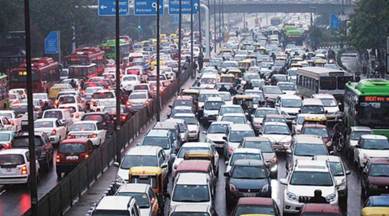What is BS-IV emission standard?
The Supreme Court on Wednesday ruled that there will be no sale or registration of vehicles that do not comply with BS-IV emission standard from April 1.

The Supreme Court on Wednesday ruled that there will be no sale or registration of vehicles that do not comply with BS-IV emission standard from April 1. BS-IV comes into from in April and the apex court observed that the health of citizens was much more important than allowing automobile manufacturers to clear BS-III vehicles in their stock.
What is BS-IV?
The government introduced Bharat Stage emission standards in 2000 to regulate emissions and air pollutants from internal combustion engines equipment including motor vehicles. The emission norms were scheduled for a stage-wise implementation to stricter standards over several years.
The standards and timelines were brought according to directions of the Central Pollution Control Board under Ministry of Environment and Forests and Climate Change. BS norms are essentially based on European standards. BS-IV standard was brought into place in major 13 cities in India by April 2010. Nation-wide implementation was set for April 2017.
Major emissions governed under these norms are carbon monoxide emissions, hydrocarbon emission limits. Nitrogen Oxides and particulate matter are also significant metrics. Furthermore, for every step up in standards, an improved standard of fuel is required. For BS-IV compliant vehicles, BS-IV standard fuel is required. The government has spent investment to the tune of thousands of crores over past years in upgrades of refineries. However, auto manufacturers are keen to clear the inventory first and then gradually move to higher standards.
Also, the government has announced intent in the past to move directly from BS-IV to BS-VI in the future as there is not much difference between BS-V and BS-VI. It plans to bring BS-VI by 2020.